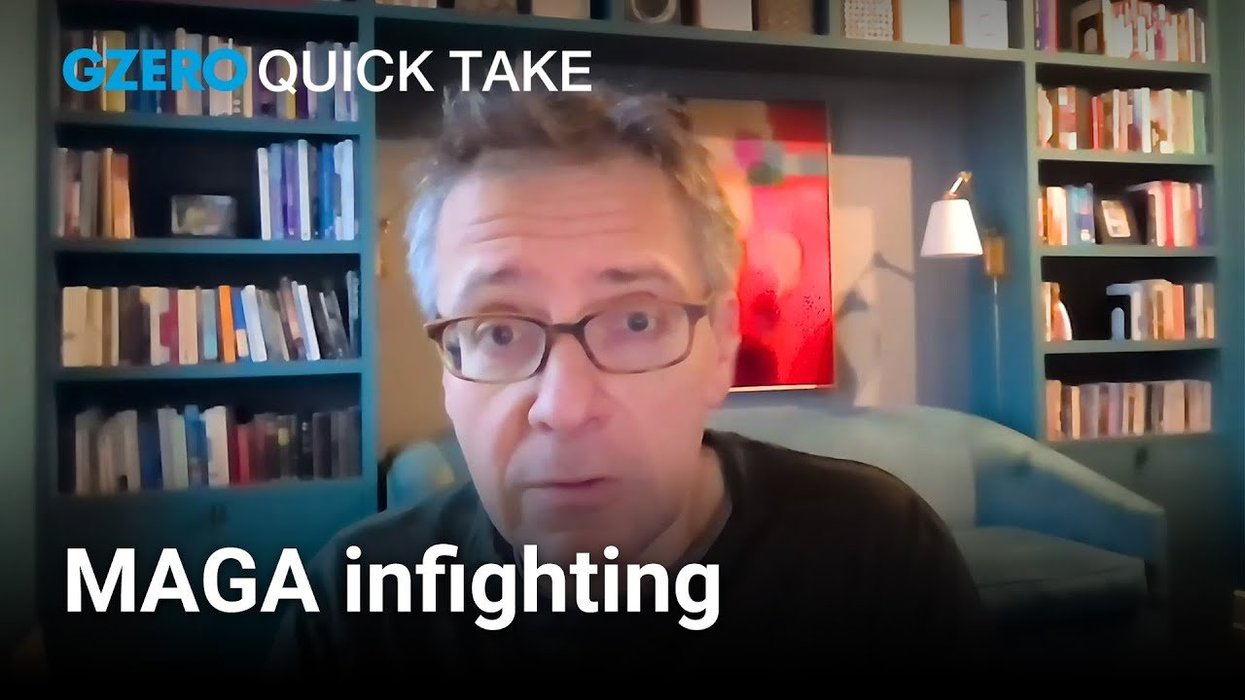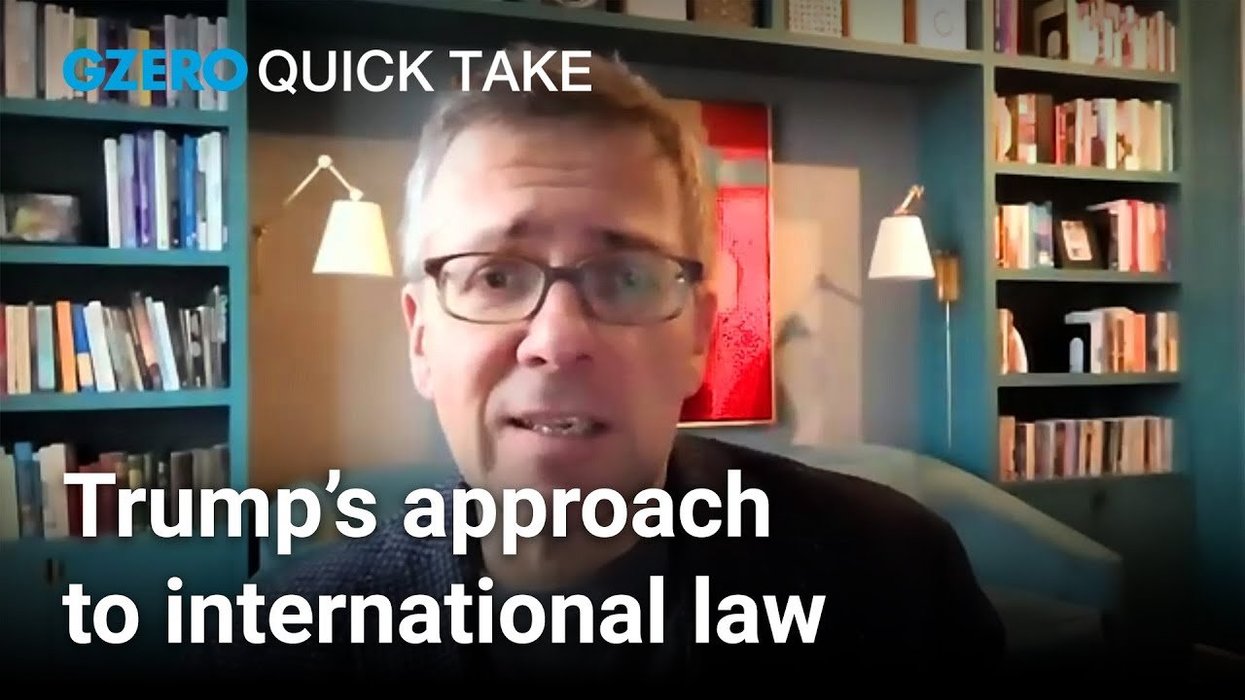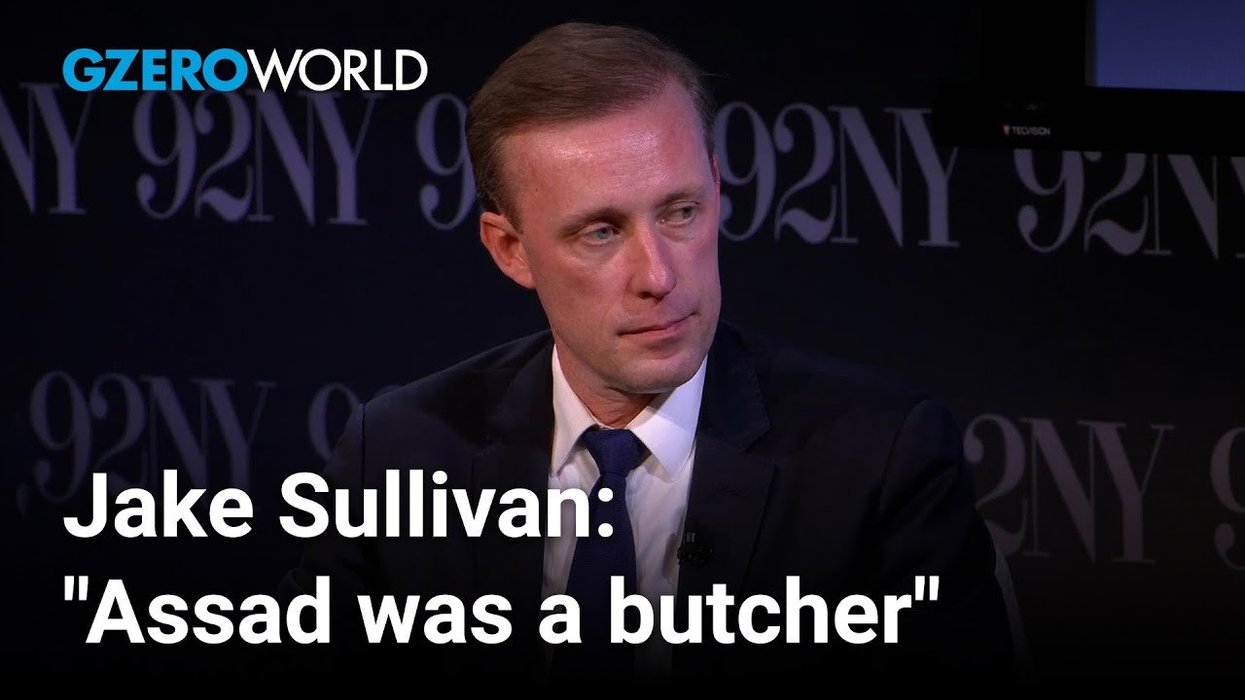Read: “Ultimatum,” by Richard Rohmer. This 1973 novel was the best-selling book in Canada that year, but it is even more timely today. It tells the story of a Trump-like US president who threatens to impose economic sanctions unless Ottawa grants Washington the right to its natural gas reserves in the Arctic. Spoiler alert: At the end, Canada is on its way to becoming the 51st state, paving the way for the sequel: “Exxoneration.” – Tasha
Watch: “Their Gwangju, Our Gwangju,” by MBC News. Forty-four years ago, South Koreans woke up — once again, amid a recurring pattern of political repression — to nationwide martial law, as strongman President Chun Doo-hwan dispatched troops to quell student demonstrators in the southern city of Gwangju. The soldiers escalated violence against the students, beating, stabbing, and shooting demonstrators, taxi drivers transporting wounded civilians, and, eventually, citizens who raided armories to fight back. Between 600 and 2,300 people died — the casualty figures are still hotly disputed — and left politics in Seoul deeply scarred to this day. Find out more about the uprising’s legacy in this short documentary. – Matt
Read: “What We Can’t Burn,” by Eve Driver and Tom Osborn. This book chronicles the authors, both youth climate activists, as they struggle to find common ground on how to fight climate change. Driver, a journalist and activist, champions accountability from powerful institutions, while Osborn, a Kenyan green energy entrepreneur, advocates for innovative solutions. It’s an insightful joint memoir calling for collaboration in the fight against climate change, and it encompasses many of the arguments I see young people having about the path forward.– Riley






